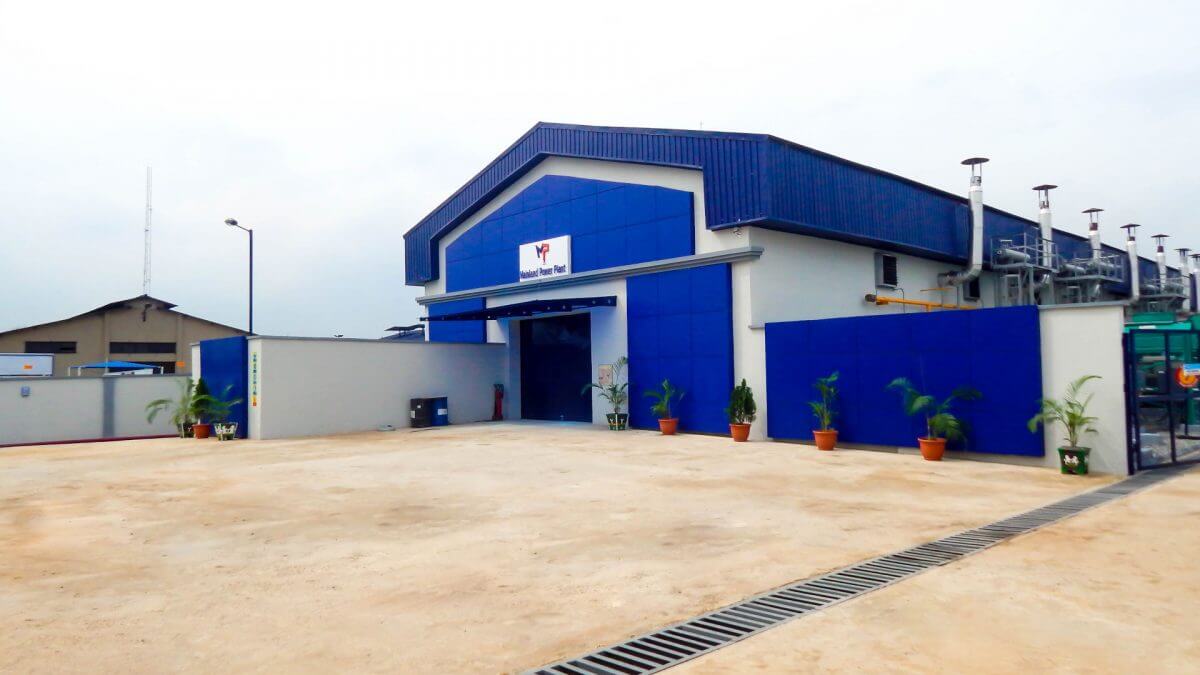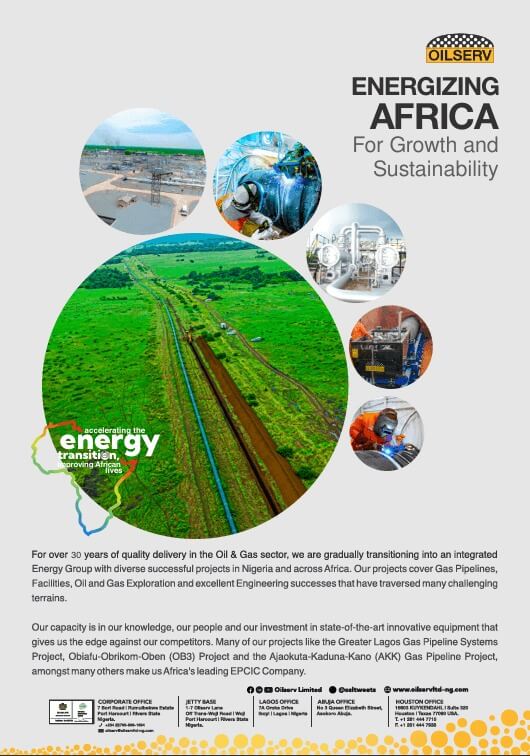The Lagos State Government through the Ministry of Energy and Mineral Resources (MEMR) in collaboration with the Office of Public-Private Partnerships (OPPP) has invited independent power producers and energy companies to submit bids to establish gas-fired power plants, aiming to generate up to 500 megawatts (MW) across four designated hubs in the state.
According to the World Bank, four out of 10 people in Nigeria can not access electricity. Lagos, a major investment hub in Nigeria with a population of over 20 million, has been besieged by acute perennial power shortage. And with a daily demand exceeding 6,000 MW and supply from existing Distribution Companies (DisCos) reaching less than 2,000 MW at peak times, this prevalent situation has posed to be a crucial obstacle in attracting potential investors to the state.
The Clean Lagos Electricity Market (CLEM) Initiative
Under its Clean Lagos Electricity Market (CLEM) initiative, the state government has earmarked four hubs for these proposed gas-fired power plants. Each plant will be located near existing DisCo substations to streamline distribution and ensure efficient power delivery. The goal is for each hub to generate a minimum of 100MW, cumulatively adding up to 500MW to bolster the state’s industrial, commercial, and residential power supply.
“This project is crucial for bridging Lagos’ energy demand and supply gap, enabling the state to meet its economic and social power needs more effectively,” stated the government in a press release.

Advancing Energy Security and Reducing Grid Reliance
The Lagos State Government views the project as a foundational step toward enhancing energy security. The government underscored its support for private-sector investment in this venture, encouraging world-class companies to participate and contribute to the state’s energy infrastructure. “We are confident that this project will attract top-tier companies capable of delivering innovative solutions for our energy needs,” the statement said.
The project scope extends from financing and engineering to construction, commissioning, and operation. Companies bidding for the project will also be responsible for securing a continuous supply of gas or alternative fuels.
Eligibility and Application Process
The government welcomes applications from individual companies and consortiums with technical, financial, and legal expertise to execute the project successfully. For consortiums, one partner must be designated as the lead, primarily responsible for the project’s success. “Each member should showcase their specialized expertise, ensuring we attract the right blend of experience to deliver this critical infrastructure,” the government added.

Interested parties can access detailed application guidelines at ppplagos.lagosstate.gov.ng or contact info@ppplagos.ng.
“Our aim is to establish a reliable and sustainable energy framework that meets the needs of our growing population, positioning Lagos as a leader in clean energy solutions,” the government concluded.
Lagos’ Urgent Energy Demand
Lagos State remains Nigeria’s largest electricity consumer due to its dynamic commercial activities. Recent reports show businesses in the state consume around 6.6 billion liters of petrol annually, resulting in an estimated 17.8 million tons of carbon emissions. This reliance on petrol generators stems from the insufficient power supply from the national grid.
The proposed gas-fired power plants are a strategic move to achieve energy independence for Lagos, reducing its reliance on the constrained and often unreliable national grid while advancing sustainable development for Africa’s largest metropolitan area.


















